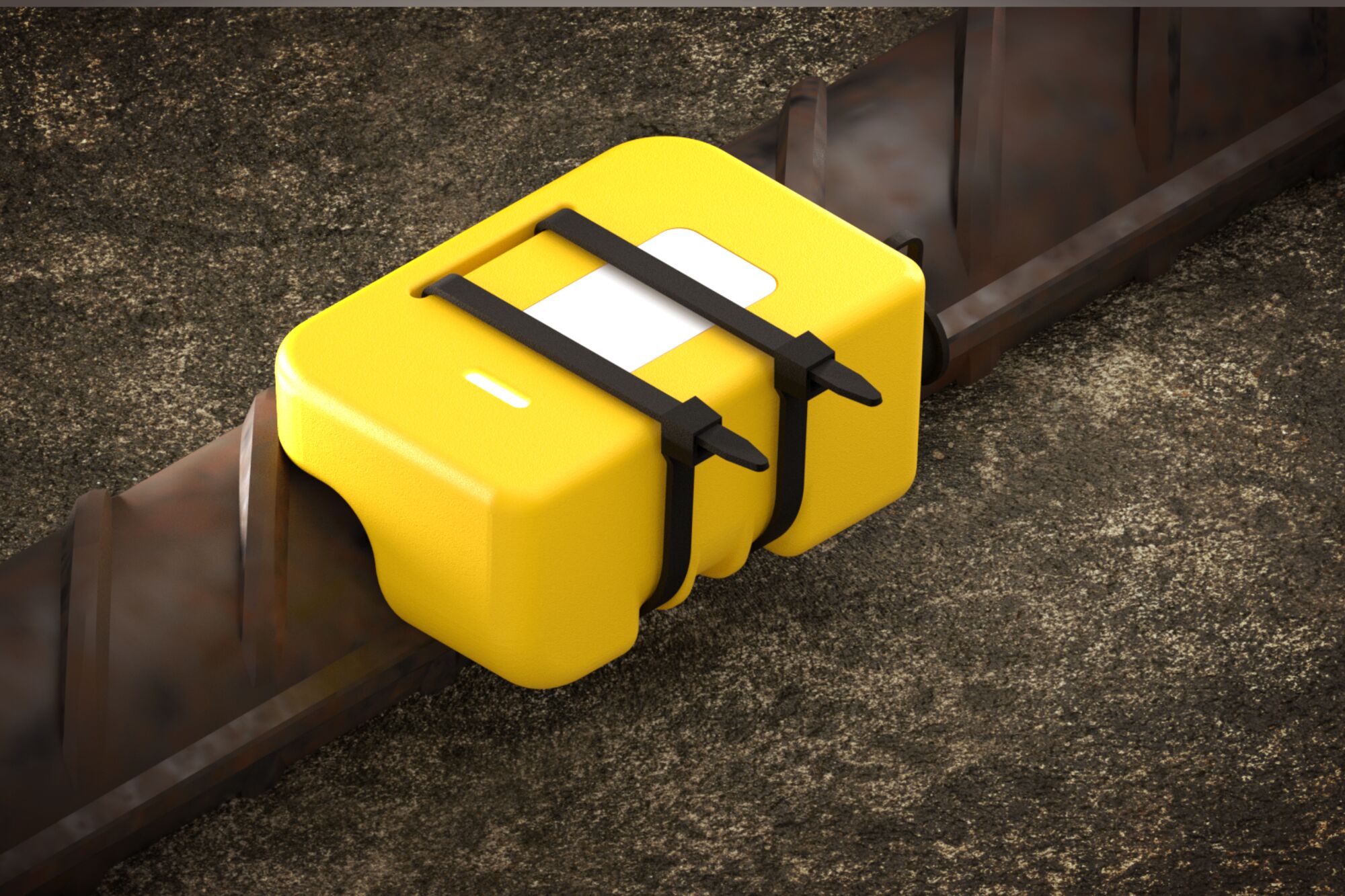accessible_forward
Accessibility Statement. Read more.

DEWALT Concrete Sensors.
Concrete wireless sensor technology represents a groundbreaking advancement in the construction industry, offering unparalleled insights into the behavior and performance of concrete structures. These innovative sensors are designed to monitor critical parameters such as temperature, strain, and vibration in real-time, providing invaluable data throughout the concrete's curing and hardening process. By leveraging wireless communication protocols, these sensors eliminate the need for manual data collection, offering construction professionals convenience, accuracy, and efficiency.
One key advantage of concrete wireless sensor technology is its ability to optimize the curing process for concrete structures. These sensors ensure optimal curing conditions by continuously monitoring temperature levels within concrete elements, promoting proper compressive strength. This real-time monitoring capability allows construction teams to make data-driven decisions, such as adjusting heating or cooling systems as needed, to achieve desired concrete properties and ensure long-term structural integrity.
Moreover, concrete wireless sensors enable early detection of potential issues that could compromise structural stability. Whether detecting early signs of cracking, monitoring moisture levels to prevent corrosion, or assessing structural strain, these sensors provide timely alerts and actionable insights to construction teams. This proactive approach minimizes costly repairs and enhances construction quality and durability, ultimately delivering safer and more reliable concrete structures.
Analyzing concrete for structural integrity has become easier with wireless concrete sensors. Properly curing concrete is crucial for its strength and durability, ensuring it can bear loads and provide reliable structural support. Wireless sensors also excel in monitoring temperature and compressive strength, which are critical factors in concrete curing. Here are four tips for optimizing concrete curing using wireless sensors, focusing on temperature and compressive strength:
Wireless sensors excel in real-time monitoring of crucial parameters like temperature and compressive strength during concrete curing. This data allows construction teams to adjust heating or cooling systems for ideal curing conditions and efficiently ensure the concrete gains strength. Monitoring compressive strength progression helps determine when the concrete is ready for subsequent construction phases, optimizing project timelines and resource allocation.
Wireless sensors play a vital role in detecting issues that can compromise structural integrity, such as cracks or weaknesses. By continuously monitoring temperature and compressive strength, these sensors alert construction teams to potential problems, allowing for prompt intervention. Addressing issues early minimizes downtime, prevents costly repairs, and ensures long-term structural reliability.
The remote monitoring capability of wireless sensors keeps stakeholders informed regardless of their physical location. By accessing real-time temperature and compressive strength data, stakeholders can make informed decisions and address issues promptly. This enhanced collaboration and communication among team members improves project management efficiency and overall construction quality.
Real-time data from wireless sensors enables better scheduling and coordination of construction activities based on concrete curing progress and strength development. Contractors can anticipate delays, optimize resource allocation, and ensure subsequent activities align with concrete readiness. Improved scheduling leads to efficient project management, reducing costs and ensuring timely completion.
In conclusion, wireless sensors offer invaluable insights into temperature and compressive strength, which are crucial for optimizing concrete curing and ensuring long-lasting structural integrity in construction projects. Embracing these technologies revolutionizes concrete construction, enhancing efficiency, cost-effectiveness, and overall project reliability.

DEWALT Concrete Sensors are a line of wireless sensors designed to monitor concrete's temperature and relative humidity during the curing process. These sensors are used in construction projects to ensure that concrete is cured properly, which can help prevent cracking and other problems that can compromise the structure's integrity.